Strikes, elections and a country in dire straits
At the time of writing, there are at least three ongoing strikes in the public sector. Railway unions have virtually crippled most train services through an island-wide strike.
By Sandun Jayawardana (ToL Lobby Correspondent)
At the time of writing, there are at least three ongoing strikes in the public sector. Railway unions have virtually crippled most train services through an island-wide strike.
Government Executive Officers attached to 17 different services are also on strike while university non-academic staff have now been on strike for over three weeks. Teachers and principals are to go on a five day strike from October 7 to 12. Several other unions are currently engaged in “work-to-rule” campaigns but have warned that these will escalate to full-blown strikes. With more unions threatening to go on strike in the coming days, the “wave of strikes” that has hit this country during the past few weeks looks set to continue.
The main demand of almost all those engaged in the strikes, whatever their field, is to rectify the “salary anomalies” affecting them. For some, the anomalies have existed for many years while for others such as the Government Executive officers and those of the Sri Lanka Administrative Service (SLAS), the anomalies have resulted from a 2018 Government decision to increase salaries at the Attorney General’s Department.
The Government counters that it has already agreed to increase public sector salaries from next year as per recommendations of a special commission appointed to review salaries in the public sector. It insists that accordingly, the monthly salary of a public servant will increase by a minimum of Rs 3000 and a maximum of Rs 24, 000 per month effective from January 2020. This is in addition to the salary increment which was granted up to 107 percent by 2020 comparing to the basic salary that prevailed in 2015.
The Finance Ministry also acknowledges that 75,000 new employees have been recruited to the public service over the last four years. Sri Lanka currently has over 1.1 million public servants.
A senior Treasury official was quoted in the Sunday Times recently as stating that proposals the Finance Ministry has submitted to the Government to increase salaries in the public sector wills see its current annual public sector salary and pension bill of Rs 735 billion rising to Rs 940 billion if approval is granted.
One cannot deny the fact that serious salary anomalies exist in the public sector. For example, according to the 2019 salary structure, a newly recruited Grade III administrative service sector officer is entitled Rs 55, 979 as the salary and allowances, but a university labourer is entitled to Rs 57, 536 as the starting salary and a newly recruited policeman Rs 60, 227.
The issue however, is the current wave of strikes has come as Sri Lanka prepares for a Presidential Election. Most unions are quick to deny any link between the timing of their strikes and the upcoming election. However, it is hard to dismiss altogether. While one can argue that some trade unions have raised the matter, and even conducted TU actions over the same matter before, you have to question why so many have resorted to these actions so close to an election. The rationale seems to be that this is the time when an incumbent government is at its most vulnerable and as such, is more than likely to give into demands when faced with the potential PR disaster of a country being paralysed by strikes. Such an image will be hard to shake off for any government that is about to go for a decisive election.
Having said that, the excuse given by some government ministers that there is simply no money to meet all the demands of the trade unions does not hold water if one were to go by the government’s own recent actions. Earlier this month, the Ministry of Internal & Home Affairs and Provincial Councils & Local Government submitted a Cabinet memorandum for a third time asking for approval to issue duty free vehicle permits to members of the now defunct Provincial Councils. One must remember that the term of eight of the nine PCs has already lapsed while the term of the Uva PC too will lapse later in October. Though the memorandum has not been approved by Cabinet owing to objections from the Finance Ministry, the fact remains that the Ministry of Provincial Councils has already pushed for this three times and may try again.
Meanwhile, the Government recently recruited 16, 800 graduates as Development Officers (Dos) as part of the second phase of its drive to recruit 20, 000 graduates into the state service. This is being done despite serious reservations expressed by the Auditor General in a special audit report. The report has questioned the efficiency of DOs, noting that the public service had ballooned with the enrolment of graduates as DOs. It has also been noted that though the vast majority of the recruited graduates are Arts graduates, the positions to which they are recruited do not tally with their expertise due to a shortage of other graduates such as science graduates.
In the end, this is what the country is left with: trade unions that want their entire “pound of flesh” and are using the upcoming election as leverage and a government that claims to have no money but is prepared to spend state funds lavishly while ignoring all warnings when the occasion suits it. On top of that, we have an already bloated public sector that is being overstaffed at every opportunity by any and all governments that come to power simply with the intension of getting more votes. Such is the sad state of the country as it prepares to elect a new President and move towards a new year and new era.
-
Still No Comments Posted.



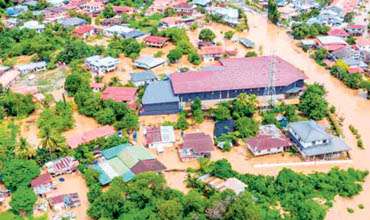
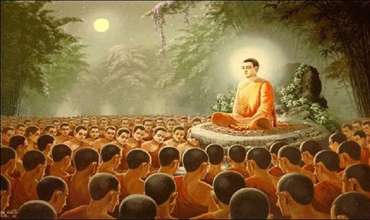
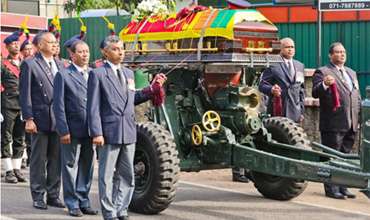

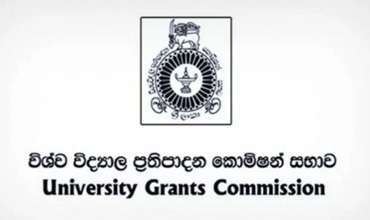
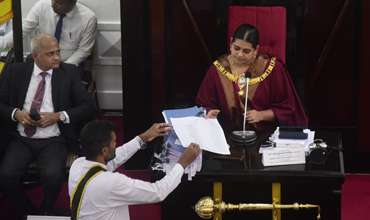
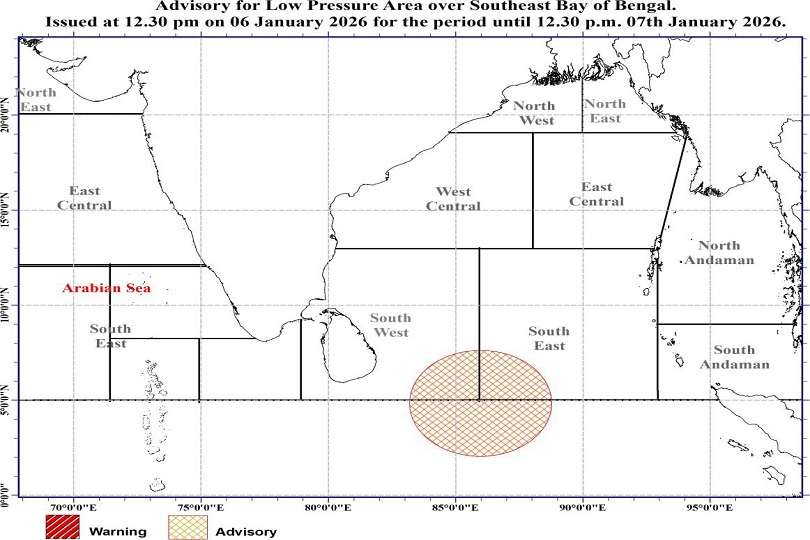
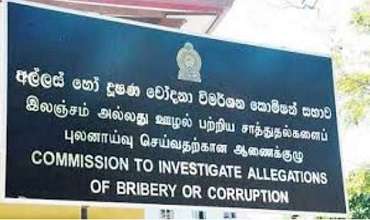
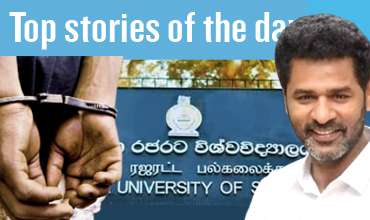

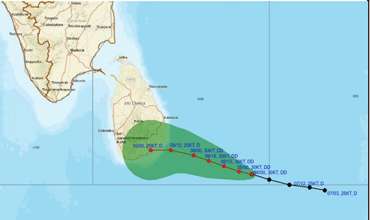

Leave Comments